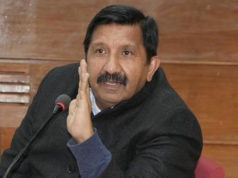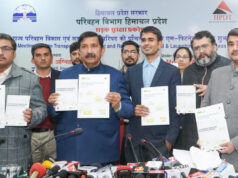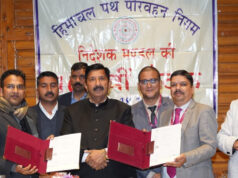900 Vacant Posts to Be Filled and 1,789 Cooperative Societies to Be Computerized Under New Reforms
Shimla: The Himachal Pradesh government has announced plans to amend the Cooperative Act-1972 to strengthen the cooperative sector and introduce stricter audit regulations. This decision was made during the first state-level cooperative conference held at the Agricultural Management and Extension Training Institute in Mashobra, chaired by Deputy Chief Minister Mukesh Agnihotri.
Deputy Chief Minister Agnihotri emphasized the need for a revamped legal framework to improve governance and accountability in the cooperative sector. He assured stakeholders that the amendments would be finalized after thorough consultations and discussions with all concerned parties. A new law incorporating these changes will be introduced in the state assembly to address systemic challenges.
The state government is also focusing on improving the cooperative department’s capacity by developing a strategy to fill 900 vacant posts. Additionally, budgetary provisions have been made for the computerization of 1,789 cooperative societies, aiming to enhance their operational efficiency.
Registrar Cooperative Societies R.K. Pruthi encouraged members of cooperative societies to provide suggestions for the proposed amendments. Submissions can be sent to [email protected] within 15 days and will be reviewed for inclusion in the new legislation. He stressed the importance of timely audits, noting that many committees fail to meet the September 30 deadline. The amended Act will empower the Assistant Registrar to appoint auditors directly if a cooperative society fails to do so.
Pruthi further directed all cooperative societies to hold their general house meetings by March 31, 2025, and to ensure the appointment of auditors by April 15, 2025. These measures aim to enhance transparency and accountability, ensuring better management and oversight in the cooperative sector.
The conference highlighted the government’s commitment to modernizing the cooperative movement and addressing challenges faced by the sector. The proposed changes are expected to bring about greater efficiency and trust in cooperative institutions, contributing to their long-term sustainability and growth.















